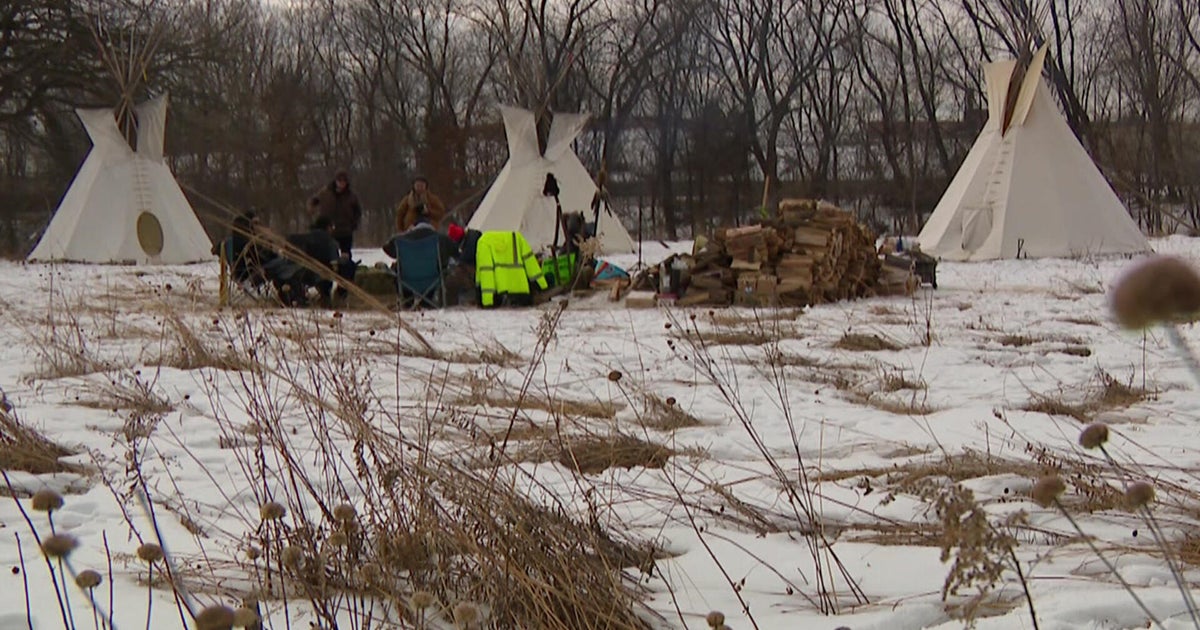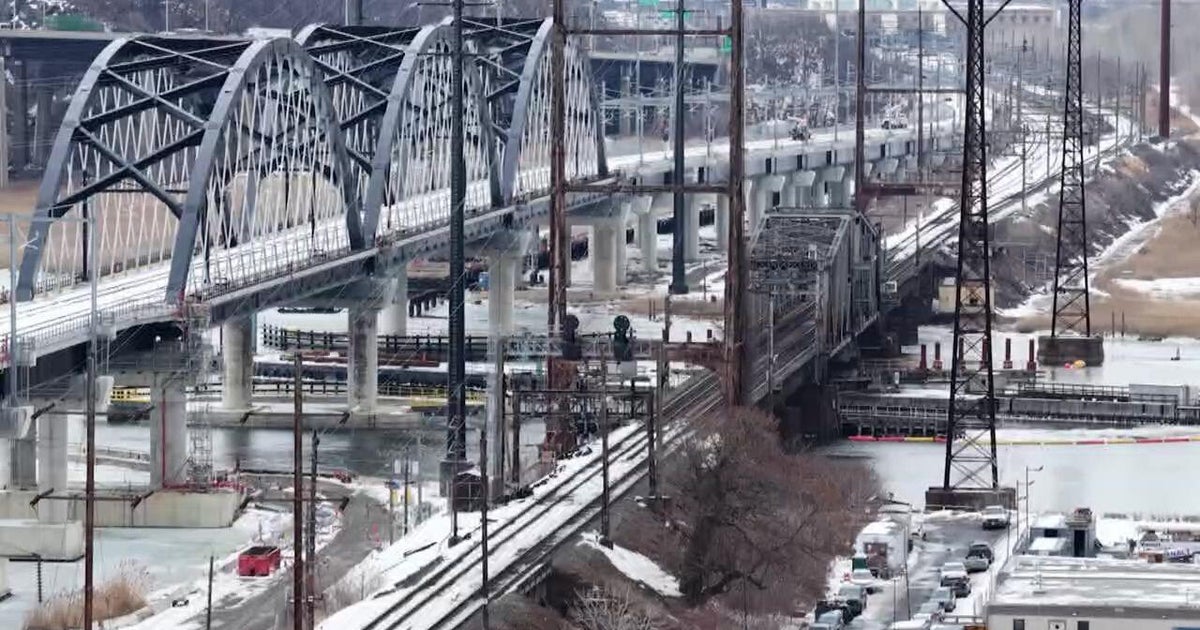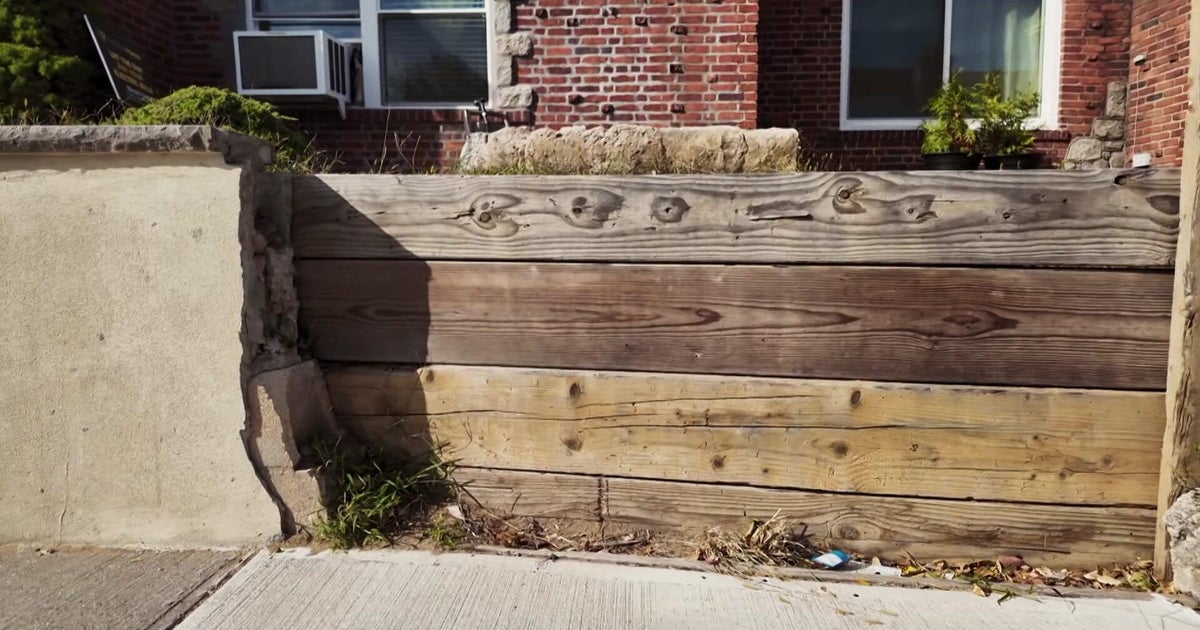Regulators Weigh Big Increase In Dakota Access Line Capacity
LINTON, N.D. (AP) — Supporters and opponents of a proposal to double the capacity of the Dakota Access pipeline packed a small-town auditorium Wednesday for a field hearing before state regulators considering the next phase of a project that sparked months of sometimes violent protests in 2016 and 2017.
Texas-based Energy Transfer wants to double the capacity of the line to as much as 1.1 million barrels daily to meet growing demand for oil shipments from North Dakota, and is seeking permission for pump stations to do it.
The Standing Rock Sioux Tribe and other opponents have long argued that a leak in the pipeline would threaten the tribe's Missouri River water supply, and say that increasing pressure magnifies the risk. They're asking the Public Service Commission to deny the expansion.
State troopers and sheriff's deputies stood by as attendees cleared metal detectors and filled the auditorium to its capacity of 400 for the Public Service Commission meeting.
Steve Cortina of the Laborers' International Union of North America was among trade workers in attendance, many of whom worked on the original $3.8 billion project.
"We supported it then and we want to be here to support the expansion now," he said.
"I'm here because they want to double the risk of a spill," said Joye Braun, a community organizer with Indigenous Environmental Network and one of the leaders of the Dakota Access pipeline protest.
Commissioner Julie Fedorchak said the state wants to develop North Dakota's energy resources "in an orderly fashion with minimal impact." She emphasized that that doesn't mean "no impact."
"We want to get all the information we can for a very thorough record so we can make the best decision possible," she said.
The $3.8 billion pipeline was subject to prolonged protests and hundreds of arrests during its construction in North Dakota in late 2016 and early 2017 because it crosses beneath the Missouri River, just north of the Standing Rock Sioux Reservation. The tribe draws its water from the river and fears pollution. Energy Transfer insists the pipeline and its expansion are safe.
The company also plans additional pumping stations in South Dakota, Iowa and Illinois. Commissioners in a South Dakota county last month approved a conditional use permit for a pumping station needed for the expansion. Permits in the other states are pending.
The proposed expansion would "increase both the likelihood and severity of spill incidents," the tribe said in court filings ahead of Wednesday's hearing.
The company said in court filings that its $40 million pump station built on a 23-acre (9.3-hectare) site would produce only "minimal adverse effects on the environment and the citizens of North Dakota."
Opponents argue North Dakota's all-Republican, three-member Public Service Commission should consider effects all along the line and not solely at the pump station location.
Energy Transfer argues the commission must only consider a permit application for its pump site and that the tribe is attempting to "confuse issues before the commission."
The hearing comes in the wake of a 383,000-gallon (1.4 million-liter) Keystone pipeline oil spill in northeastern North Dakota. The line owned by TC Energy restarted Sunday, nearly two weeks after the spill was reported. The cause of the leak has not been disclosed.







